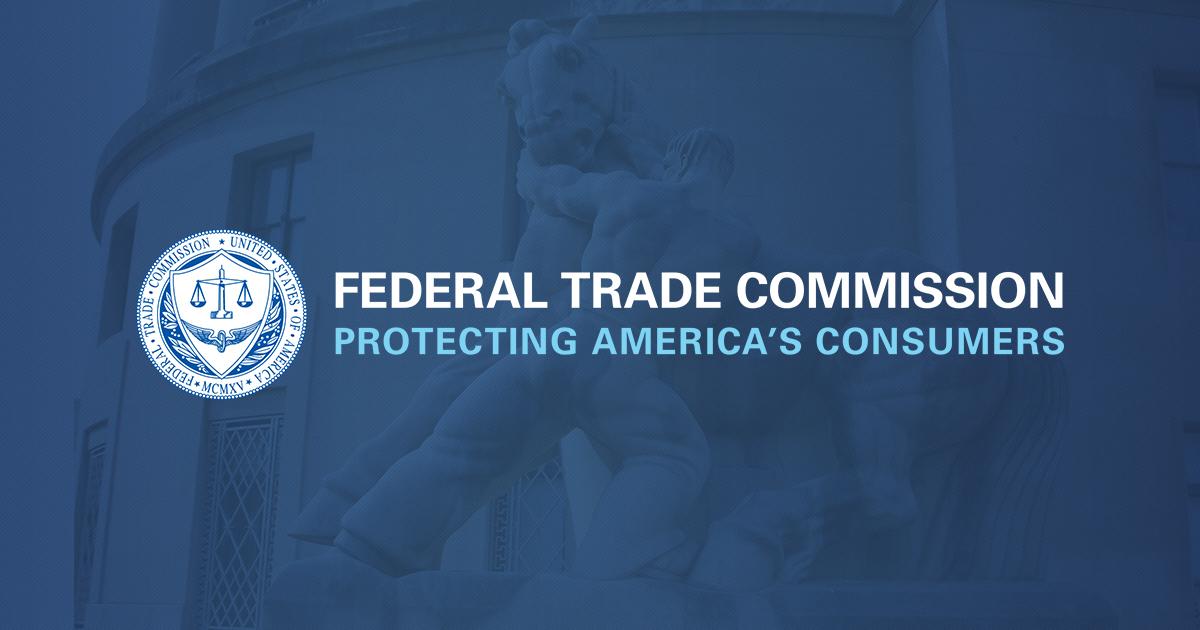At the request of the Federal Trade Commission, a federal bankruptcy court ruled that the operator of a computer-financing scheme cannot use a bankruptcy filing to shield himself from complying with a contempt order requiring him to pay $13.4 million for violating a 2008 FTC order.
A federal court in 2016 found BlueHippo Funding LLC, BlueHippo Capital LLC and former CEO Joseph Rensin in contempt for operating a deceptive computer financing scheme in violation of a federal court order. As a result, the court entered a $13.4 million judgment against Rensin for the harm consumers suffered related to the scheme.
“In this case, the fraudster tried to avoid justice by declaring bankruptcy,” said Andrew Smith, Director of the FTC’s Bureau of Consumer Protection. “When the FTC gets a judgment against a proven wrongdoer, we will not stop until our work is complete, no matter how many legalistic tricks and loopholes the scammer tries to employ.”
After Rensin refused to pay the $13.4 million contempt judgment, the FTC in 2017 sought to have Rensin jailed until he paid the amount he owed. Instead, Rensin attempted to evade paying any of the judgment by filing for bankruptcy.
A federal bankruptcy court for the Southern District of Florida, West Palm Beach Division sided with the FTC, saying the 2016 contempt judgment could not be discharged because it was the result of Rensin’s fraudulent conduct. This latest ruling will allow the FTC to proceed with recovering money for cheated consumers.
The Federal Trade Commission works to promote competition, and protect and educate consumers. You can learn more about consumer topics and file a consumer complaint online or by calling 1-877-FTC-HELP (382-4357). Like the FTC on Facebook, follow us on Twitter, read our blogs, and subscribe to press releases for the latest FTC news and resources.

